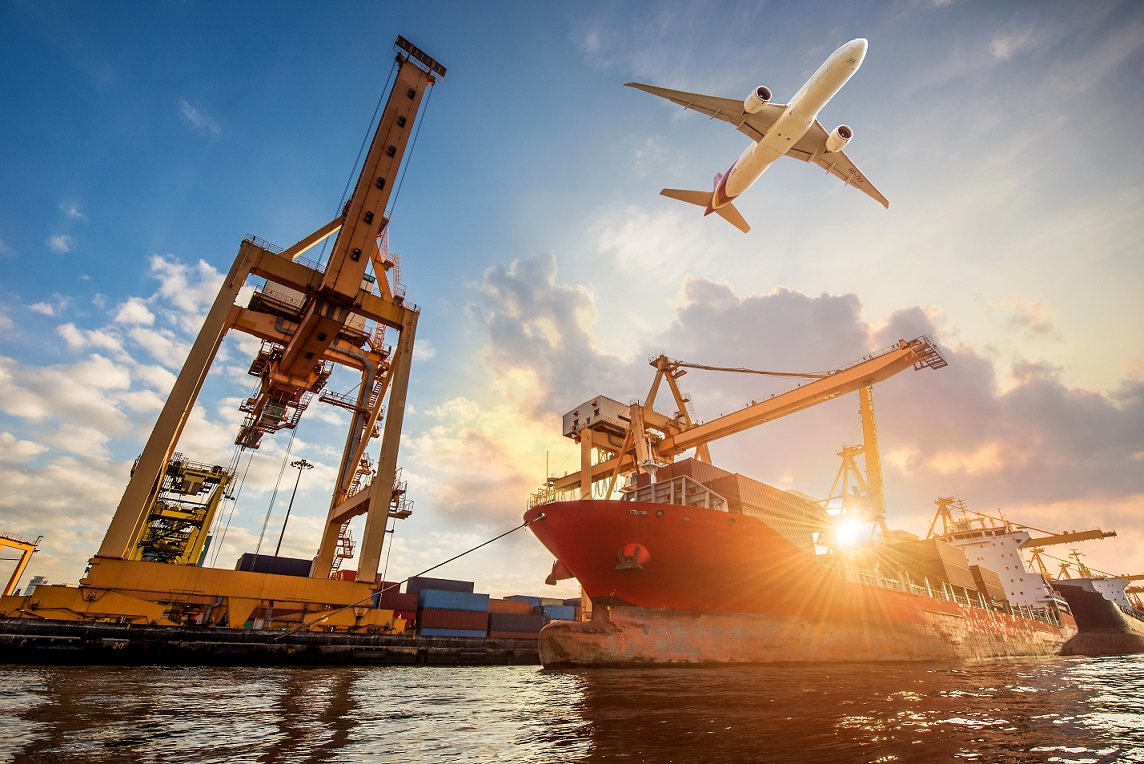Canada port strikes could see congestion and shift to airfreight
10 / 07 / 2023

Source: Shutterstock
Ongoing strike action at the ports of Vancouver and Prince Rupert in Canada hasn’t yet resulted in a shift of cargo from sea to air, but there could be disruption to supply chains yet, the Airforwarders Association (AfA) has warned.
Over 7,000 dockworkers belonging to the International Longshore and Warehouse Union (ILWU) went on strike on July 1 after they failed to reach an agreement with the British Columbia Maritime Employers Association (BCMEA).
Speaking exclusively to Air Cargo News, AfA executive director Brandon Fried said that if the strike action continues then airports in Canada and the US could see an influx of diverted cargo in an effort by shippers to avoid congestion and delays.
Fried explained on July 7: “At this point, Airforwarders Association members are reporting no significant shifts in cargo away from the west coast Canadian ports affected by the strike.
“Still, they monitor the situation closely and consider diversions to other destinations if the strike drags on. This past week has been short, and traffic volumes are low, thanks to the holiday and lower demand, so we may not see a substantial impact until next week.
“We are particularly concerned about reports of US port workers refusing to unload diverted vessels destined for Canada coming to the US instead.
“We hope that the Canadian government will step in soon to intervene before the situation worsens. If not, airports in Canada and the US will likely see substantial volume increases as shippers try to avoid those ports affected while keeping their products moving.”
The US west coast chapter of the International Longshore and Warehouse Union (ILWU) has said workers won’t handle vessels diverted to the Port of Seattle from the Port of Vancouver, which could see supply chain congestion hit the US.
The Prince Rupert Port Authority said it is “confident that the BCMEA and ILWU can reach an agreement in light of the critical role that Canada’s west coast ports play in the economic vitality of the country”.
The port authority confirmed two of the port’s seven terminals are currently impacted by strike action – Fairview Container Terminal and Westview Wood Pellet Terminal. “This affects two vessels within port jurisdiction that are currently at anchor, unable to discharge their cargoes. All other vessels are proceeding according to schedule,” said the port authority.
Meanwhile, the Vancouver Fraser Port Authority has reported 76 vessels offshore or at anchor waiting to berth at Port of Vancouver terminals as of July 11, at 10am.
“Not all 76 vessels offshore or at anchor are affected by current labour action: bulk grain vessels, cruise ships and coal vessels bound for Westshore are unaffected by current labour action,” said the port authority.
The report includes vessels selected along the Canadian/US West Coast extending from the Port of Prince Rupert to the Port of Long Beach, and excludes vessels bound for US ports and and the Port of Prince Rupert, as per the MarineTraffic website’s destination filter.
A release from ILWU Canada on July 6 claimed that the British Columbia Maritime Employers Association (BCMEA) are not engaged in negotiations to end the industrial action and are instead focusing on a media “smear campaign”.
Rob Ashton, ILWU Canada president said: “We’re telling the BCMEA to call off their attack campaign and come back to mediation. We’re willing to look past the smears and insults if it means we can return to the place where respectful negotiations and an honest deal can happen: the bargaining table.”
However, on July 8, the BCMEA said talks had resumed.
According to ILWU Canada, free collective bargaining between ILWU Canada and the BCMEA has been ongoing since February of this year in an attempt to renew the industry-wide collective agreement which expired on March 31.
“We encourage both parties to immediately return to the bargaining table and remain there until a deal is reached,” the Canadian Government’s Minister of Labour Seamus O’Regan said on Twitter on July 4.
According to the MarineTraffic website, the Port of Vancouver currently has 214 vessels alongside, and is expecting 47 vessels, while the Port of Prince Rupert has 72 vessels alongside and is expecting 23 vessels.
In June, the Pacific Maritime Association and the ILWU announced a tentative agreement on a new six-year contract covering workers at all 29 West Coast ports.
CMA CGM Air Cargo faces disruption with threat of pilot strike













